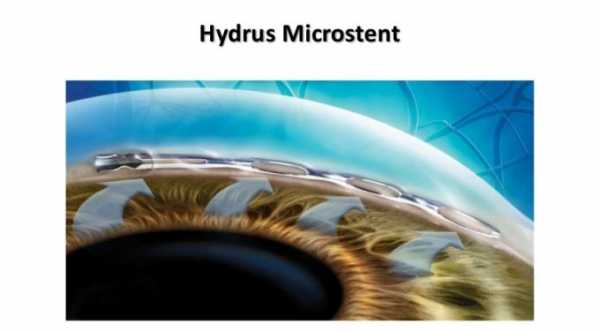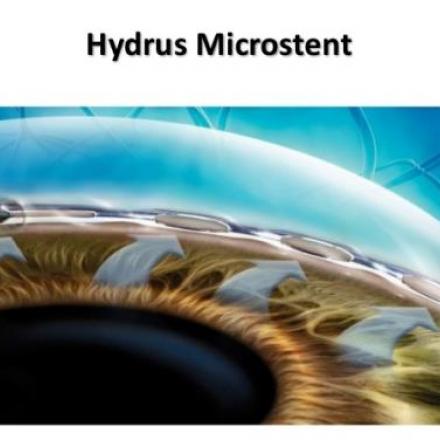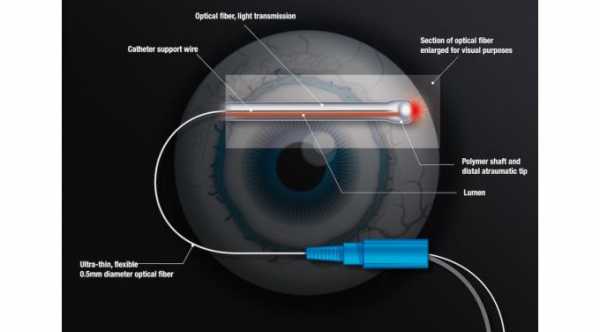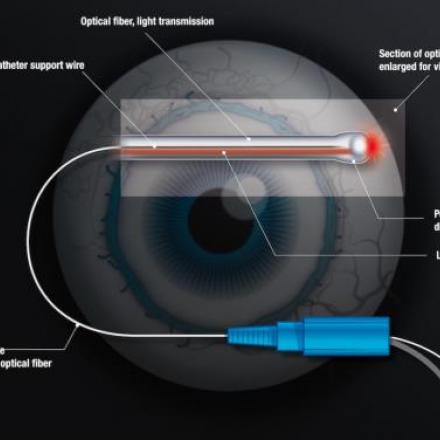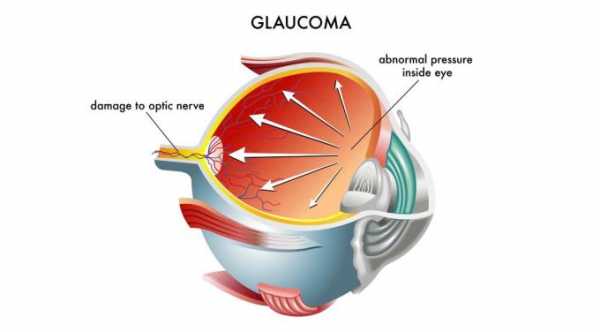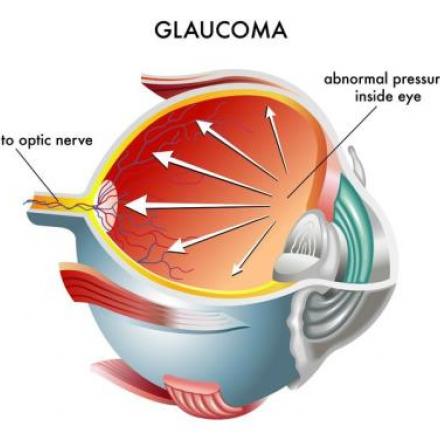
How Does Medicare Cover Glaucoma
Over 3 million Americans have glaucoma, most of them age 50 and over. It’s usually a “silent” disease—most people have no early signs, symptoms, or pain. Often, when symptoms appear, such as loss of peripheral vision or seeing “halos” around lights, the disease is already well advanced.
Glaucoma tends to run in families, so if you have a family history of the disease, it’s extremely important to have regular eye exams with glaucoma testing.
Most people know that Original Medicare doesn’t generally cover routine vision care, which can be worrisome if you’re at high risk for the disease. Fortunately, Medicare has special coverage guidelines for glaucoma care. Here’s what you need to know about Medicare and glaucoma.
How is glaucoma diagnosed?
Glaucoma is a disease that damages the optic nerve. Often, there is a buildup of intraocular pressure, or pressure inside the eye, which compromises the optic nerve. The optic nerve is responsible for sending images to your brain. If untreated, glaucoma causes permanent blindness within a couple of years.
It shows up most often in people over 40. African Americans have a higher incidence of glaucoma in their earlier years; Hispanics have much higher rates after age 65.
Glaucoma is diagnosed with three types of eye exams. In one, the doctor puts drops in your eyes to dilate your pupils so he can see, and possibly take pictures of your optic nerve. You’ll also have tonometry, which checks the pressure in your eyes. Finally, he’ll test your field of vision to check your peripheral vision. Glaucoma tests are quick and painless.
Most people with glaucoma have the open-angle, or wide-angle, type. This type of glaucoma affects the trabecular meshwork, which is the drainage system for the eye. When the meshwork is damaged, fluid builds up in the eye.
How is glaucoma treated?
Glaucoma is usually treated with a combination of prescription eye drops, laser surgery, and microsurgery. The eye drops reduce the amount of fluid created in the eye, lowering eye pressure. Laser surgery opens up the fluid channels to help fluid drain more easily. Microsurgery creates new drainage channels to keep fluid from building up.
Unfortunately, if you have vision loss from glaucoma, there is no treatment to restore it. However, treatment can preserve your remaining sight.
What does Medicare cover?
Because your coverage may be slightly different depending on whether you choose Original Medicare (Part A and Part B) or Medicare Advantage, let’s look at both.
Original Medicare
● Part B covers an annual glaucoma test if you have diabetes, a family history of glaucoma, are an African American at least 50 years old, or a Hispanic at least 65 years old. You pay 20% of allowable charges.
● Part B covers surgeon’s fees for laser surgery and microsurgery, as well as the fees for any other medical professionals involved in your surgery. You pay 20% of allowable charges.
● If your surgery is done on an outpatient basis, Part B covers costs associated with the outpatient surgery center.
● If you are admitted to the hospital for treatment, Part A covers your hospital care.
You have an annual deductible with Part B. There is also a Part A deductible with each benefit period.
Original Medicare doesn’t cover any prescription drugs used to treat glaucoma, including prescription eye drops. However, if you have a Medicare Part D Prescription Drug Plan, your plan should cover glaucoma medications.
Medicare Advantage
You don’t lose any benefits by enrolling in Medicare Advantage, so at a minimum, annual glaucoma exams for people at high risk are covered. You may have a co-payment at the time of service.
Many Medicare Advantage plans include more comprehensive vision coverage than Original Medicare. Your plan may cover annual eye exams with glaucoma testing even if you are not at high risk for the disease. You may also get an allowance or special discount for prescription eye wear if you need it after your glaucoma treatment.
Surgical costs for glaucoma treatment are also covered by Medicare Advantage, but instead of multiple deductibles, you may have one annual deductible and a co-payment for outpatient or inpatient surgery.
Most Medicare Advantage plans include Part D coverage for prescription drugs. If you have a Medicare Advantage plan with Part D, your glaucoma medications are also covered.
No matter which Medicare path you choose—Original Medicare or Medicare Advantage—you are covered for glaucoma testing and treatment.



